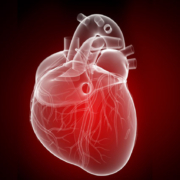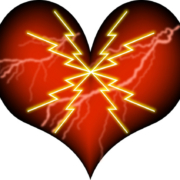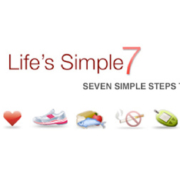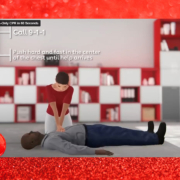What to Do After a Bypass
A family friend recently had a quadruple bypass surgery or CABG for short; CABG stands for coronary artery bypass graft. In case you’re thinking all our friends are old, I have to tell you this man is 47; we met him through our kids.
So what happens now? He’ll go through recovery and rehab. Here are the things that I think he has to do short and long term, including some lifestyle changes:
- Be patient. It’s going to take time from having your chest split open, your heart stopped, veins from the leg grafted to bypass the blocked arteries, getting sown back up, and then staying out of commission for a while. This was serious surgery and recovery is going to take time.
- Do the cardiac rehabilitation. It’s not just exercise to recover from the surgery—exercise should become a permanent part of life. Ask plenty of questions. Know your limitations and don’t exceed them, especially when it comes to weight training. The bones of the sternum have to heal just like any broken bone. As an aside, always exercise with your cell phone. My daughter-in-law made me promise to carry mine when I’m running after I took a tumble. In this case, always means always.
- Eat a better diet. Plants rule because of the benefits they provide, so always begin with those. Less saturated fat and fewer refined carbohydrates are also part of the better diet. This is a time to learn how to do it better.
- Take your medications as prescribed; this is not the time to start doing things the “natural” way.
- If you haven’t been taking a high-EPA fish-oil supplement, start now. Your daily supplements also should include 100 mg of coenzyme Q10 and a good multivitamin-multimineral to fill in nutritional gaps, all with your doctor’s okay.
- Expect to be depressed. Nothing gets into your head more than facing your own mortality. Depression is common after surgery. Keep a support group of friends around and work on getting your attitude right; your fellow rehabbers can be a source of commiseration and encouragement. If you need professional help, get it. Depression doesn’t necessarily mean medication; there’s plenty you can do to help yourself, and talking tops the list.
- Enjoy your life without reservation. You cannot live your life listening to your heartbeat or constantly checking your pulse. You already know what it feels like to have a compromised heart. If something is wrong, you’ll know and that means you immediately get it checked out. But you can’t live in fear because that’s not living.
Let me repeat an important point about cardiac rehab: it’s never over. Rehab teaches heart attack survivors how to exercise to stay healthy, and it’s important that they never quit.
For those of us who haven’t had to deal with CABG, what we do related to exercise, diet, and stress may help reduce our risk and may prevent it altogether. It really depends on one thing:
What are you prepared to do today?
Dr. Chet









